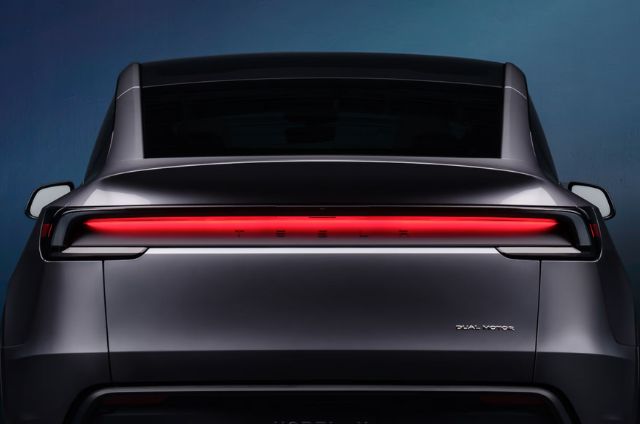The Growing Tech Gap in EVs
While U.S. electric vehicle sales are increasing, American automakers are struggling to match China’s rapid technological advancements. From faster charging and higher battery density to cutting-edge autonomous driving features, Chinese EVs are setting new benchmarks. Many experts warn that the gap is widening, making it harder for the U.S. to compete.
Politics and Perception: The Biggest Roadblock?
A major hurdle for EV adoption in the U.S. is political resistance. Many consumers view EVs as a partisan issue rather than a technological shift. While demand is growing, misinformation and skepticism about battery range, charging infrastructure, and cold-weather performance still hold some buyers back. However, as gas prices fluctuate and EV technology improves, attitudes may shift.
Chinese Dominance in Battery Tech
China has a strong lead in battery technology, producing high-density, fast-charging batteries that outperform many Western alternatives. Even Ford’s CEO recently admitted that China is “10 years ahead” in EV battery development. While Tesla remains competitive, other U.S. automakers have significant ground to cover in battery innovation and supply chain security.
Trade Barriers and the U.S. Response
The U.S. has imposed tariffs on Chinese EVs, making it harder for them to enter the market. Some see this as a necessary move to protect domestic automakers, while others argue that it only delays the inevitable. If Chinese companies establish manufacturing plants in North America, they could sidestep tariffs and compete directly, just as Japanese automakers did in the past.
The Charging Infrastructure Challenge
Another major factor affecting EV adoption in the U.S. is charging infrastructure. While Tesla’s Supercharger network is widespread and reliable, other charging networks lag behind in speed and availability. In contrast, China has built an extensive network of ultra-fast chargers, making long-distance EV travel more convenient. To remain competitive, the U.S. needs to expand its charging infrastructure rapidly, ensuring fast, reliable access for all EV drivers.
Will the U.S. Catch Up?
Despite current challenges, the U.S. still has the potential to compete. Strategic investments in battery production, charging infrastructure, and EV incentives could help close the gap. However, without aggressive innovation and industrial policies, China’s dominance in the EV space may continue to grow.
Will U.S. automakers step up, or will they fall further behind?



